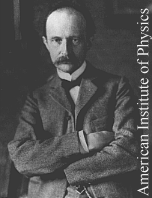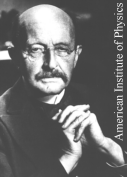
Photo A3; portrait, arms folded. CREDIT: AIP Emilio Segrè Visual Archives, W.F. Meggers Collection.

Photo A25; old age. CREDIT: AIP Emilio Segrè Visual Archives
--Max Planck
| Max Planck (1858-1947) | 
Photo A3; portrait, arms folded. CREDIT: AIP Emilio Segrè Visual Archives, W.F. Meggers Collection. |

Photo A25; old age. CREDIT: AIP Emilio Segrè Visual Archives |
| "It is impossible to make a clear cut between science,
religion, and art. The whole is never equal simply to the sum of its various
parts."
--Max Planck |
In his Scientific Autobiography, Max Planck penned a now familiar adage known as Planck's Principle: "A new scientific truth does not triumph by convincing its opponents and making them see the light, but rather because its opponents eventually die, and a new generation grows up that is familiar with it." | Ironically, Planck himself is considered an exception to this "rule." At the age of forty-two, in order to propose what would turn out to be a revolutionary quantum explanation of radiation, Planck had to reconcile himself with Boltzmann's statistical interpretation of entropy--a theory Planck had resisted for over twenty years. |